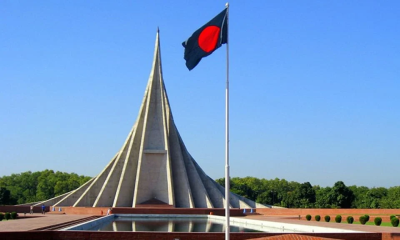Prime Minister Sheikh Hasina today (September 7, 2022) said Bangladesh-India cooperation should go beyond trade to enable larger gains.
“It should include investment, finance, services, technology transfer, and be placed within the context of regional cooperation,” she said.
The Prime Minister was speaking at a business event, jointly organised by the Federation of Bangladesh Chambers of Commerce and Industry (FBCCI) and the Confederation of Indian Industry (CII) at ITC Maurya in New Delhi.
Sheikh Hasina urged Indian investors to consider possible investments in infrastructure projects, manufacturing, energy and transport sectors.
“Indian investors and business houses can set up industries in Bangladesh through buy-back arrangements — reducing time, cost and resources,” she said.
In the fiscal year of 2021-22, the total FDI inflow to Bangladesh was US$1370.357 million. Of that, only $15.75 million was from India, attributing to 1.15 percent, she noted.
“So definitely, there is a real need for more collaboration between our two countries by way of involving business communities and trade bodies to find avenues towards deriving two-way trade and investment benefits,” the PM said.
In this regard she mentioned that Bangladesh has the most liberal investment regime in the region with a wide array of facilities, attractive incentive policies, and consistent reforms
Presently, 100 special economic zones and 28 hi-tech parks are being established, aiming to encourage investment and rapid economic development through increase and diversification of industry, employment, production and export, she said.
For Indian investors, two dedicated special economic zones in Mongla and Mirersharai are being developed, the prime minister said.
“I would urge the business houses present here today to invest there. It would further pave the way to harness the goodwill of the two friendly countries, and bring economic prosperity to the region," she said.
She pointed out that Bangladesh is uniquely located to enable Indian investors to move their products to not only northeast India, but also export to Nepal, Bhutan, and Southeast Asian countries.
In the last ten years, the total bilateral trade between Bangladesh and India had an impressive growth with the balance heavily in favour of India, she said.
At present with its improved manufacturing capacity, Bangladesh is prepared to supply quality products at competitive prices to the Indian market, she added.
“We, therefore, invite Indian importers to look at Bangladeshi products which are being imported at higher price from countries far away," said the premier.
She said Bangladesh-India relations are known as a role model of neighborhood diplomacy.
Sheikh Hasina said, India receives the highest number of tourists from Bangladesh while thousands of Indian nationals are working in Bangladesh, contributing to both economies.
“Indeed, the time is ripe for the Indian business community to focus more on Bangladesh and take advantage of its economic growth, cheaper cost and huge consumer base.”
She expressed her confidence that the deep bonds of friendship existing between Bangladesh and India shall continue to grow and flourish.
“As it does, the business communities of both countries should draw close and play their due role in fostering mutual prosperity and economic advancement of our peoples," Sheikh Hasina said.
The Prime Minister said that no doubt COVID-19 pandemic has greatly affected global trade whereas war in Ukraine has caused significant rise of commodity and fuel prices worldwide.
“It has severely affected the established supply chain. This has led many countries, including those of South Asia, to suffer from an acute economic crisis," she said.
She said Bangladesh is today self-sufficient in food and is now one of the largest global producers of rice, vegetables, grains, and fresh-water fish – to name a few.
“Bangladesh, which had in the past suffered from natural calamities, is today a global example of disaster preparedness and management. It has also achieved huge socio-economic success, attained impressive growth and thus dubbed a ‘development miracle’,” said the PM.
She mentioned that Bangladesh's economy grew over a decade crossing 7 percent in FY 2015- 16, and 8 percent in FY 2018-19.
Since 2009, the per capita income has increased three times from around $1,000 to more than $2,800 today, she said.
“Moreover, remittance in the fiscal year 2021-2022 increased to USD 21,031.68 million. These indices reflect the strength of Bangladesh’s economy.”
She said that Bangladesh has implemented mega projects to accelerate the growth of industries and to take full advantage of our strategic location.
The Prime Minister said Padma Bridge, Bangladesh’s longest, was built entirely with its own funds, and has connected 21 southern districts directly with the capital and other parts of the country.
“It is expected to boost the country’s gross domestic product by 2-3 percent.”
In the last decade, she mentioned, several other infrastructure projects have been initiated in Bangladesh.
Among these are Bangladesh’s first metro rail project MRT Line-6, Karnaphuli Tunnel — the first and longest underwater road tunnel in South Asia, Rooppur Nuclear Power Plant, Dhaka Elevated Expressway, Dhaka Airport Third Terminal and some other mega-projects, she cited.
“Once completed, they would contribute substantially to Bangladesh’s GDP growth," said the prime minister.


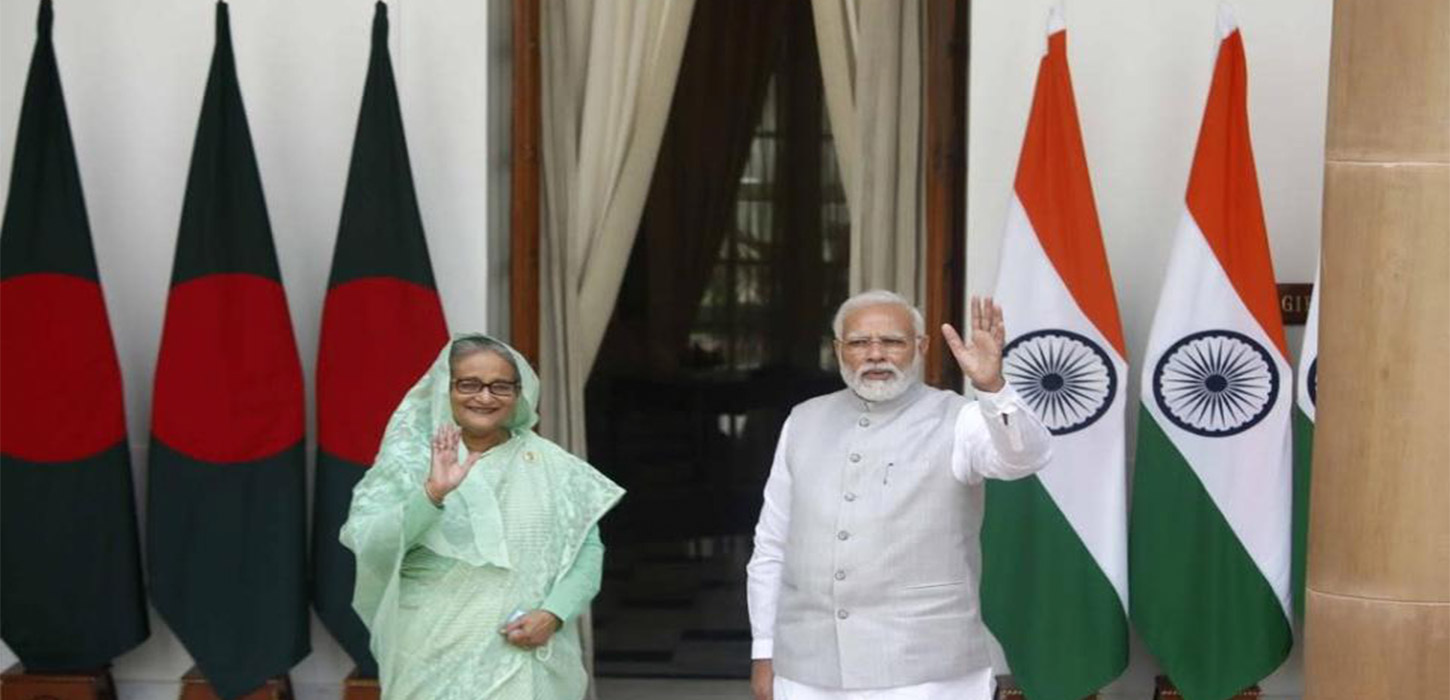

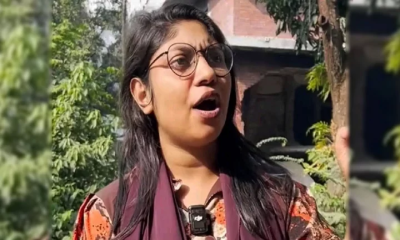
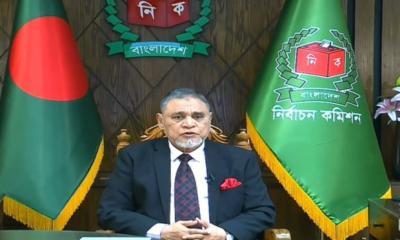
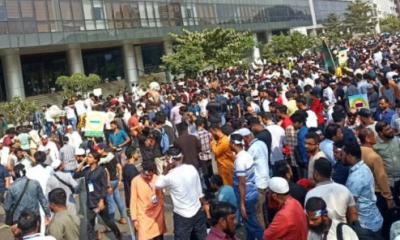
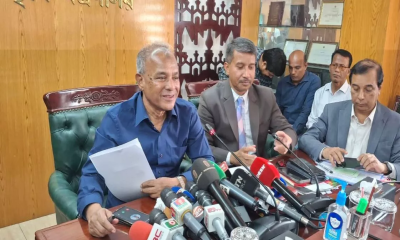
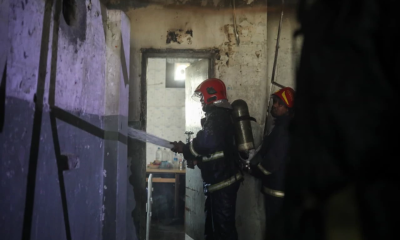
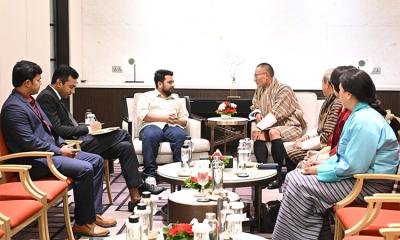
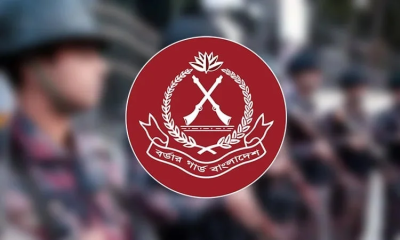

-20251219122251.jpeg)
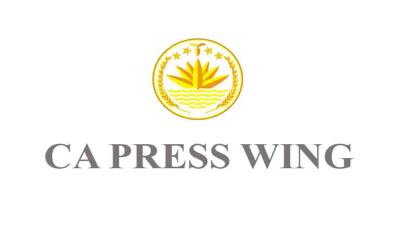
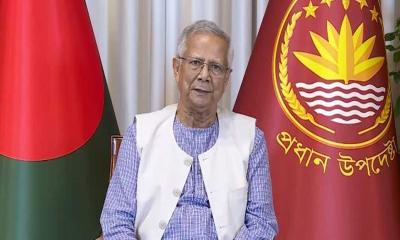
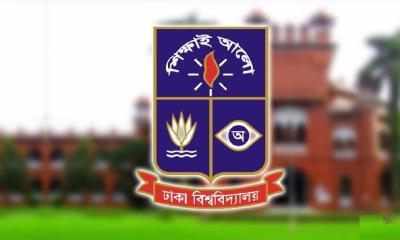
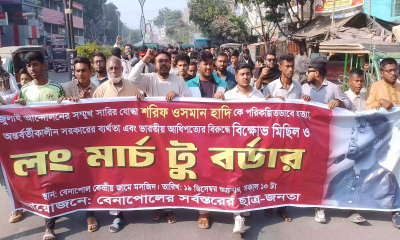
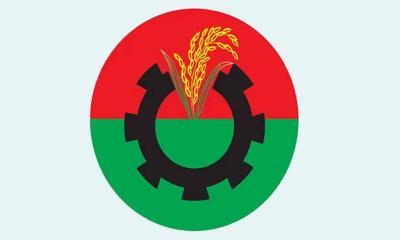
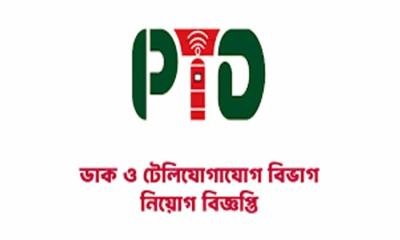
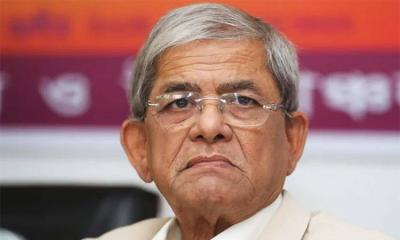

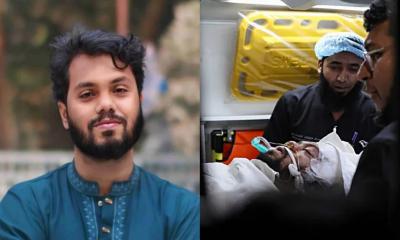
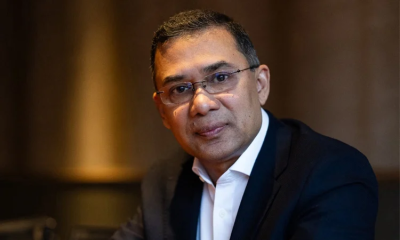
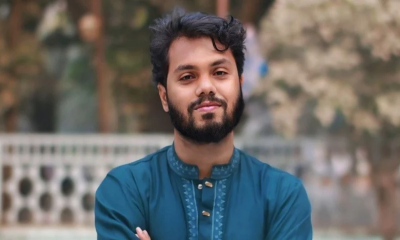
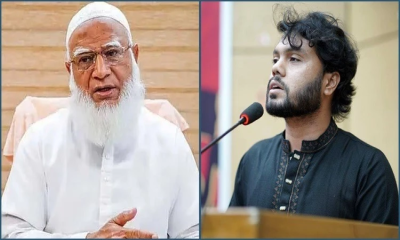


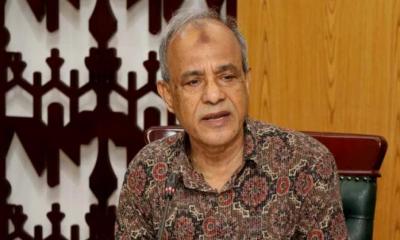

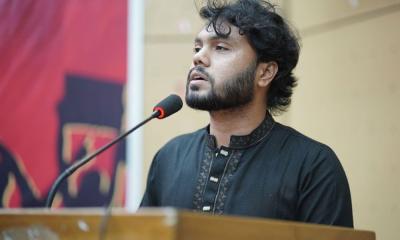


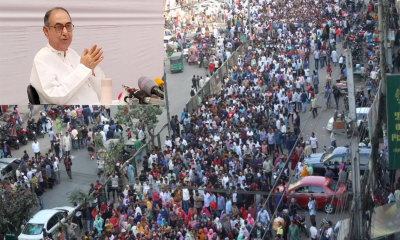
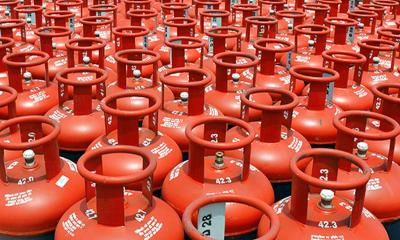

-20251216090625.jpeg)
-20251218165258.jpeg)

